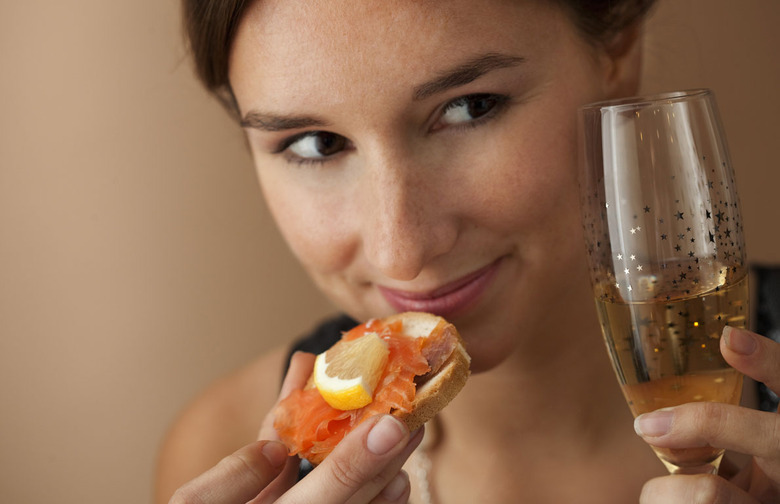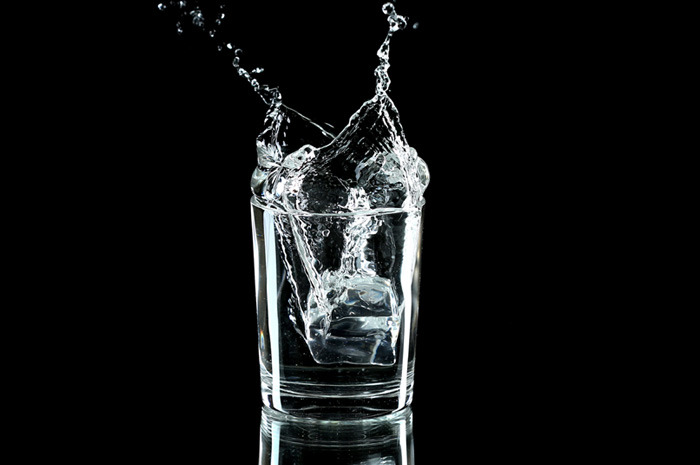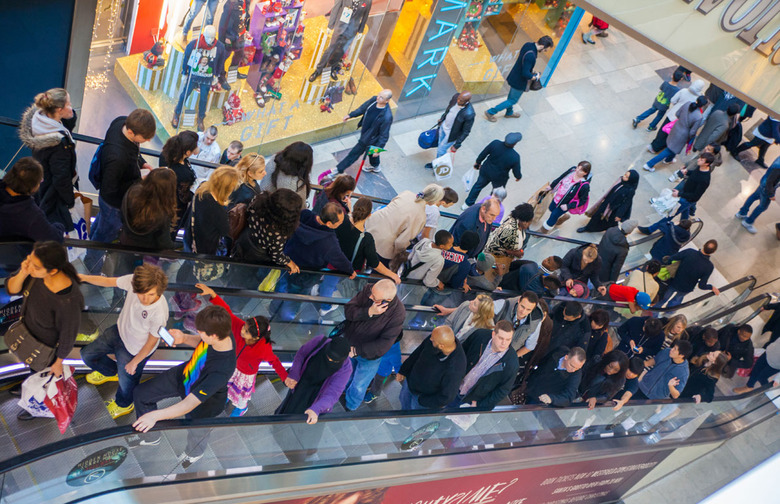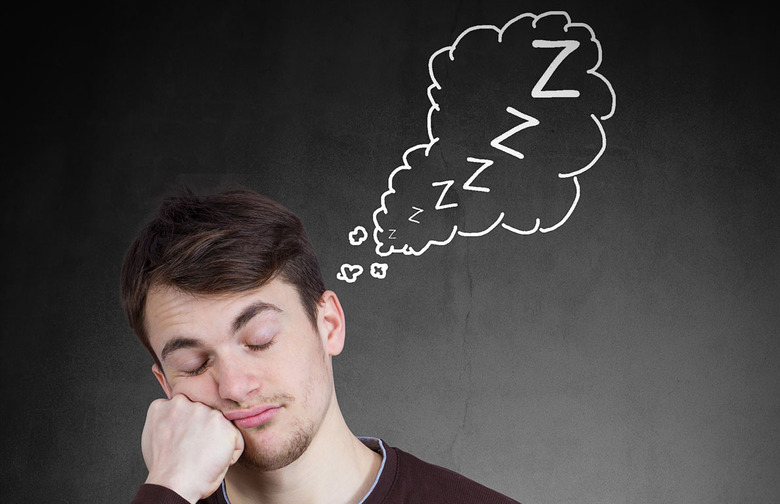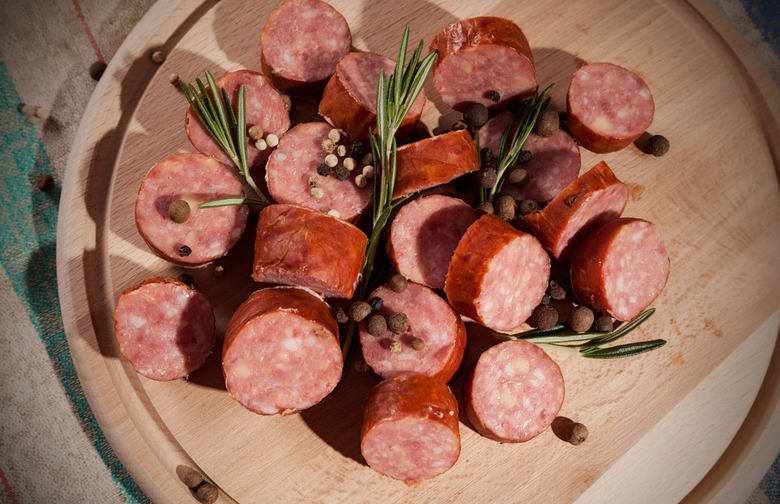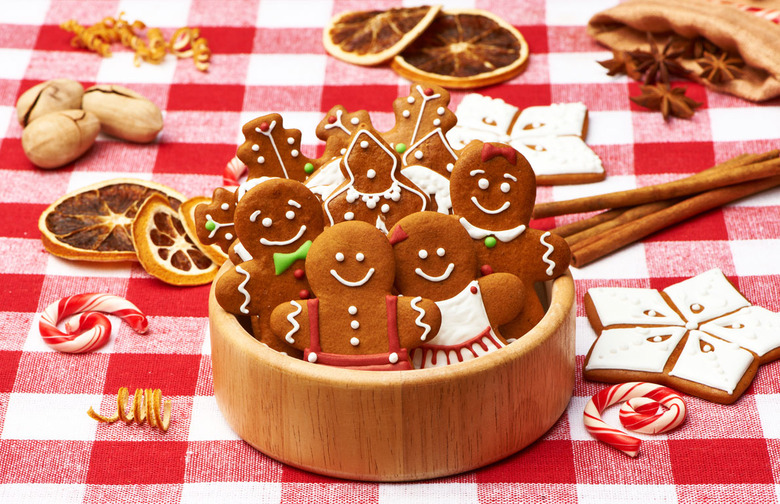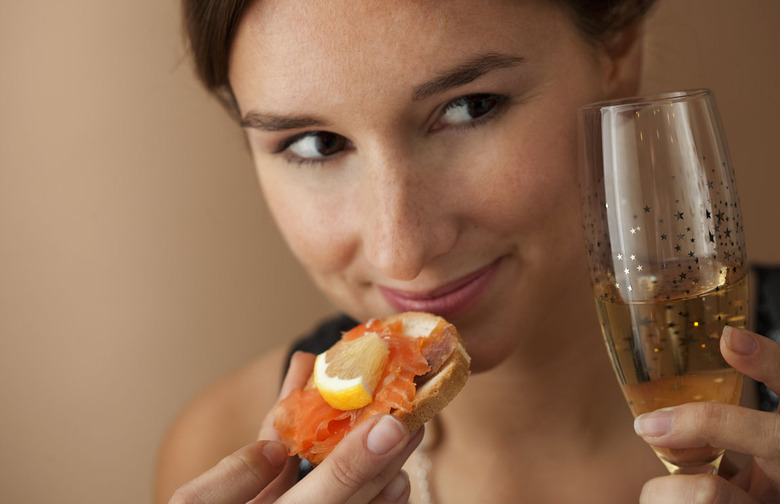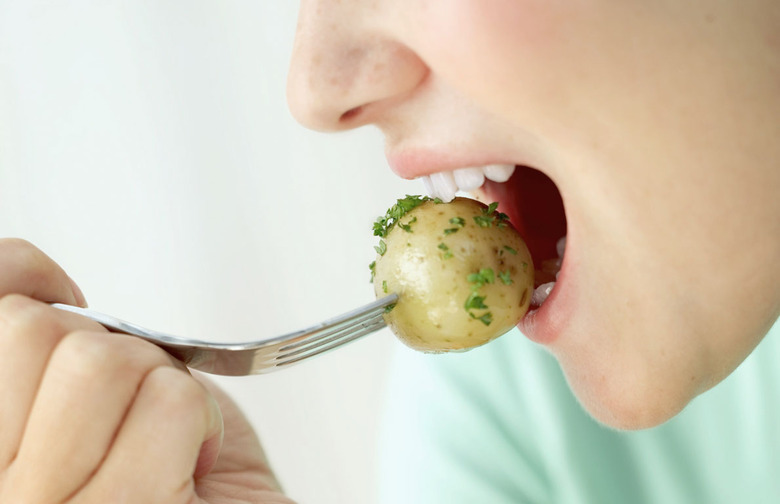11 Other Ways The Holidays Make You Gain Weight
To help you stay on track this Christmas, we've listed the sneakiest ways the holidays trick you into overeating, so that you can hold on to your high holiday spirits even after the ball drops on New Year's Eve.
Cocktail Parties
Saltz says that all the social gatherings around the holidays, from work parties to New Year's Eve blowouts, lead us to drink more alcohol than normal, and we don't always realize how many extra calories those holiday spirits add. Just three drinks around the mistletoe can add upwards of 500 calories to your daily intake!
Dehydration
The holidays offer so many delicious beverages, from eggnog to spiced cider, that we sometimes forget to drink water. Our bodies also sometimes confuse thirst for hunger, so we snack when we should be drinking, which could mean taking in calories we don't need.
Depression
Unfortunately, the holidays can lead to anxiety about money, family, and balancing work/family life, Saltz says. Couple that with disruption of schedule and lack of sleep, and it's no wonder the holidays get some of us down. Depression often makes us want to eat, and with holiday foods in abundance, it can be much too easy to eat in order to mask our feelings
Disruption of Schedule
All that holiday shopping can be a burden on more than just your pocketbook, according to Perez. "When we are out shopping or visiting with family and friends and don't have time for lunch, we hit the drive-thru or skip meals, setting us up for a pantry raid when we get home," Perez says
Increased Stress
The holidays are supposed to be a time for relaxing with loved ones, but all too often they become a blur of running up credit card debt, fighting crowds, and rushing from one event to the next. All these factors can cause anxiety, which prompts our bodies to release adrenaline and cortisol. The adrenaline gives us energy, but when it wears off, the cortisol prompts us to replenish that energy with high-calorie foods, then holds on to those calories for future anxieties, creating a cycle that's hard to break.
Lack of Sleep
Most of us can't afford to simply quit working from Thanksgiving to the New Year, so at the holidays we try to cram holiday parties and family get-togethers, not to mention holiday shopping, into our already crowded schedules. It's a wonder we find any time to sleep! When we're tired, we tend to crave rich comfort foods and avoid the gym, which leads to weight gain.
Mindless Eating
The holidays are full of social gatherings, like cocktail parties, where meals are replaced by fatty snacks. We tend to nibble as we socialize without being mindful of the calories we're eating, so that a scoop of dip here and a chocolate brownie there, in addition to regular meals, can really do a number on our diets.
Nostalgia
According to Dr. Gail Saltz, associate professor of psychiatry at New York Presbyterian Hospital, the holidays make us crave "love via food" in the form of "mom's big batches of snowflake cookies." Memories of childhood holidays can often cause us to reach for candies and sweets we'd normally avoid as adults.
Skipping Meals to “Save” Calories
Perez says that when we skip meals in preparation for cocktails and extravagant holiday feasts, we actually end up gorging when we finally sit down to eat, consuming more calories that if we'd just eaten small, sensible meals that kept us full enough to think rationally at mealtimes.
The Weather
We tend to crave starchy foods when the temperatures drop, says Joanne Perez, registered dietician and online nutrition coach for FitDay. When it's cold outside, we "go into self-preservation mode" and look for foods full of sugar and starch that provide "instant heat," Perez tells us.
We Eat Too Fast
Whether we're scarfing down drive-through meals in the car on the way from one shopping destination to the next or grabbing appetizers off trays as the cater waiters hurry past, it seems like most of our meals this time of year are quick ones. The problem is, it takes time for food to get from our mouths to our stomachs, and in that time, if we're not cognizant of exactly how much we're eating, there's a chance of shoveling in way more calories than are necessary.
